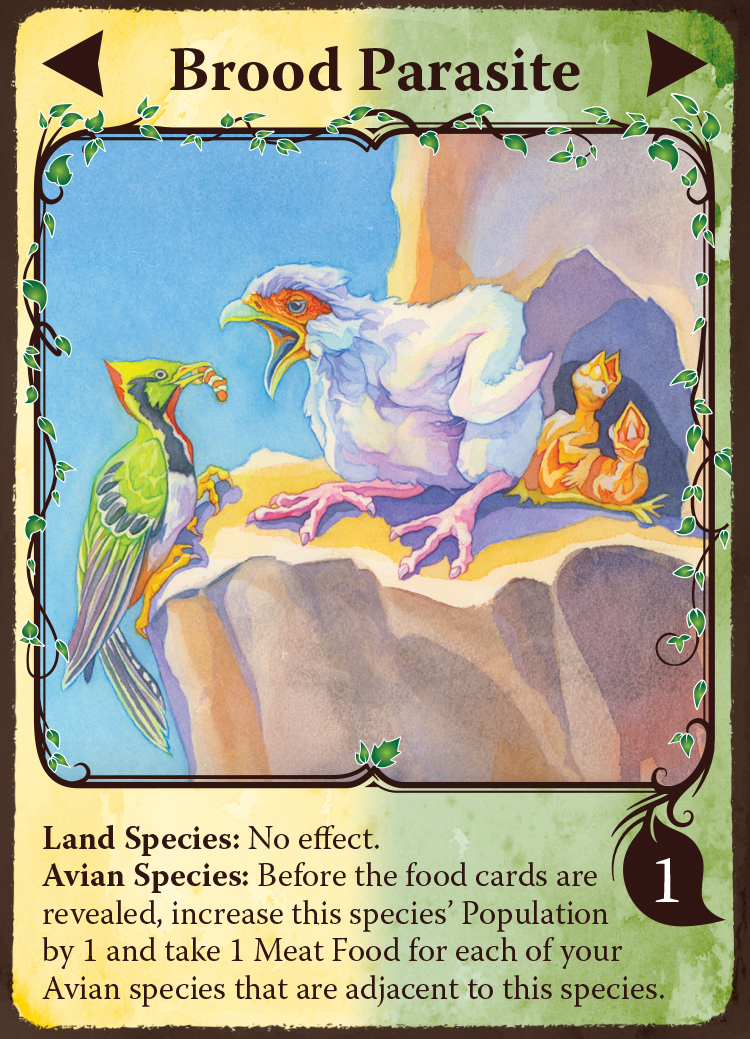


I had just intended to point out that Emily Bronte has a bit of priority in recognizing and looking at human brood parasitism. Talk about parasites!) Although I must admit that Pride and Prejudice is well written and teaches quite a bit about women’s virtue that Pretty Woman fans have quite forgotten. (Today these have reached the abysmal and preposterous depths of films like Pretty Woman, where a cheap hooker, representing the hundreds of millions of unpaid whores that now predominate among Western women, and who naturally adore this film, not only captures the wealth and status of an investment banker but changes him into a Good Person who will no longer practice the evil craft of finance, but will hereafter simply ladle out his ill-gotten gains to his “wife” the former hooker. If one has to delve into the dark corners of the female mind, this book is at least a refreshing change of pace from Jane Austen, Cinderella, and a million other fantasies about using the feminine charms to win commitment, power, and wealth from an alpha male. The cuckoo and its famously parasitical lifestyle is used as a metaphor for the “swarthy” (probably Gypsy) character Heathcliff in Emily Bronte’s fantasy of exotic genes, Wuthering Heights. I am not the first to make the connection between Gypsies and other brood parasites. It has evolved into genetic strategy, not just an ethnic quirk. In this game Gypsies are far ahead as it seems to have been a common breeding strategy among them for many centuries if not millenia. it leads to more surviving children, than raising your own children. In our present culture, the brood parasite strategy of orphaning one’s children or giving them up for adoption has far more Darwinian fitness, i.e. Also the term “Roma” confuses them with their thoroughly white and Slavic Romanian neighbors.) Gypsies are no more Roman than they are Egyptian in fact Gypsies migrated over a thousand years ago to Europe from the Indian subcontinent. (Gypsies call themselves “Roma”, but “Gypsy” is the traditional term used by Europeans to refer to the racial group and their unique mobile lifestyle. On the other hand, brood parasite theory predicts that Gypsy children while they are young are more adorable than your own biological children are or would be. Brood parasite theory also predicts that adopted Gypsy children are more likely to run away from home as teenagers than biological children. If you adopt a Gypsy child, (for example one of the much-advertised “Romanian” orphans), besides probably doing less well in school due to lower IQ, they are likely to exhibit many of the behaviors of brood parasites, for example more sibling rivalry and less altruism and more selfishness towards both siblings and parents. This relieves the parasitic parent from the investment of rearing young or building nests, enabling them to spend more time foraging, producing offspring etc.Īs the orphanage statistics and the long recorded history of Gypsy breeding strategy indicate, the Gypsies have developed a human form of brood parasitism. The manipulation and use of host individuals either of the same (intraspecific brood-parasitism) or different species (inter-specific brood-parasitism) to raise the young of the brood-parasite. Brood parasitism is well summarized by Wikipedia:


 0 kommentar(er)
0 kommentar(er)
